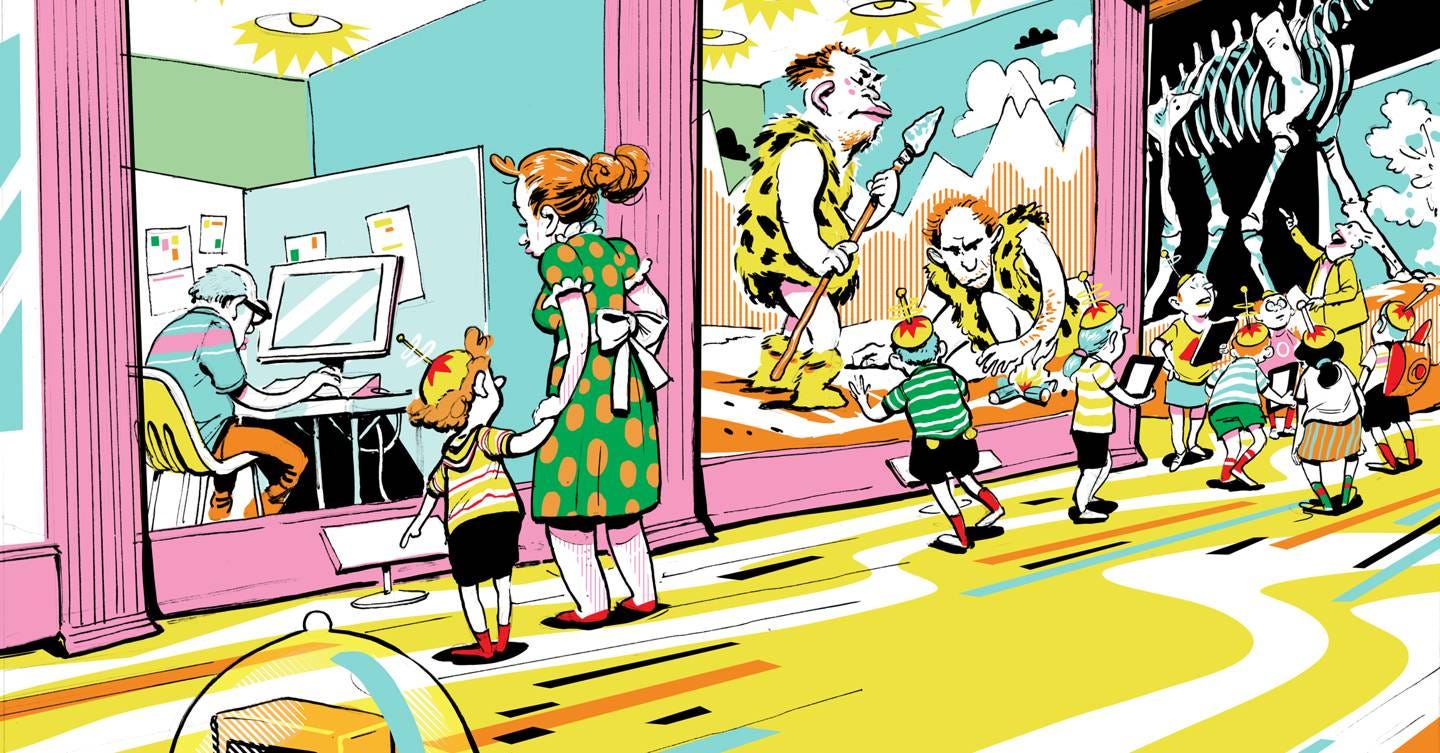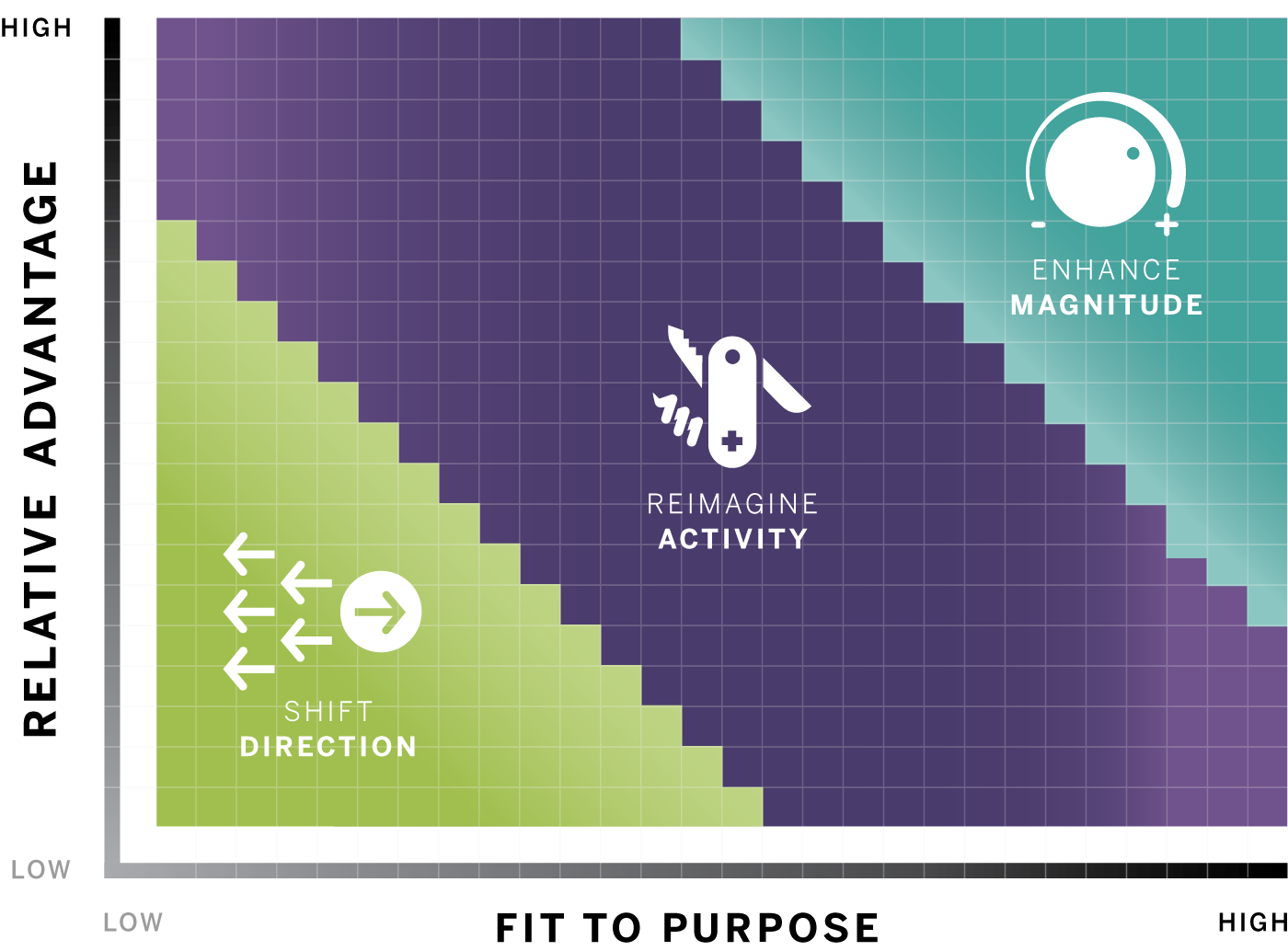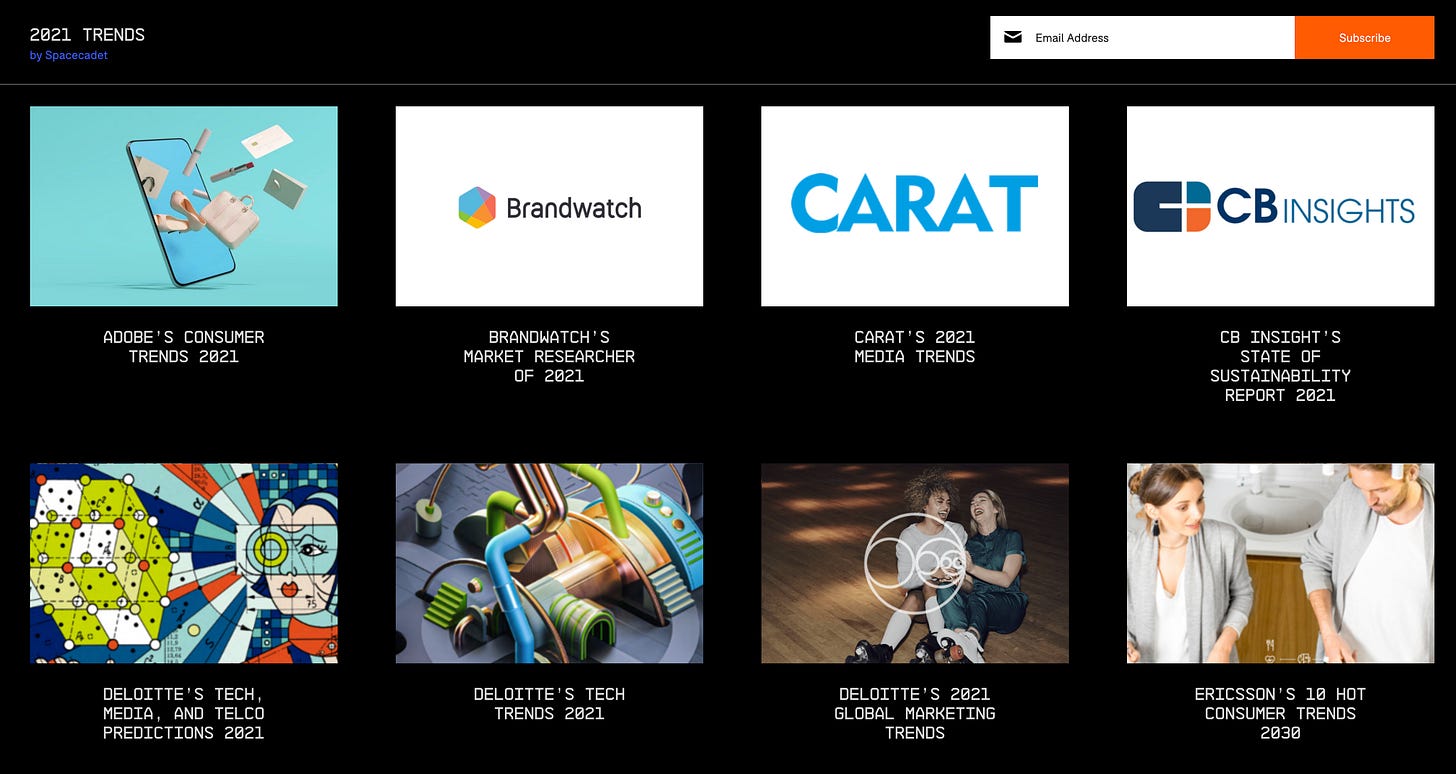🧠✨The Nexialist #0002
Content Diet | Music and Time | Musical Therapy | Generational Gaps | Running Up That Hill | Dutch Poetry | Algorithmic Gem | Urban Birdie | Shifting Values | A World of Values | Changing Skills
Thank you again for subscribing to The Nexialist. Reading the e-mail address of friends/people who I admire touched my heart, and seeing friends sharing it made me feel very supported. I’m very excited to have you here. I hope you enjoyed my first newsletter and if you haven’t seen it you can check it out in here.
With lockdowns and forced quarantines many of us ended up increasing our screen time, changing the way we connect to others and at times feeling lonely or distant. I have been thinking a lot about digital affection and realizing how small things can make a big difference in someone’s day. Something that I like to do is sending someone special a virtual good (an article, a video, a song) that reminded you of them and tell them exactly that. This kind gesture makes people feel that you think of them, you know them well enough and you took the time to say hi. I know I love receiving them. So, feel free to send any links in here to people you care, and also don’t hesitate on sending me links.🫀
Enjoy!
💡Nexialist Tip: Content Diet
My first Nexialist tip is taking a moment to think about your content consumption as a diet. Faris did a 3 posts series explaining how this division was made, and how we are drawn to junk food/content: the more we have, the more we want it. I know mine is not perfect, but just putting some thought into it it helps me make better decisions.
🖼Music and Time
“Art is how we decorate space, music is how we decorate time.”
-Jean Michel Basquiat
Go back, read it again if you need and think how beautiful this is. If you hang out with me, you know how much I’m obsessed with this quote. It was brought to my attention by my dear friend Gustavo Nogueira, who runs the incredible Torus Time Lab, and it has changed how I consume music.
We all have these songs that take us back to a specific moment in time, with feelings attached to it. For me, it happened while walking down the aisles in a supermarket and Dreams by Fleetwood Mac started playing, I was immediately transported to so many blissful memories. Now, I accepted that this is the closest thing we have time-traveling, and I let myself go with it.
There’s a TED-Ed video about The chaotic brilliance of artist Jean-Michel Basquiat in case you want to find out more about who this genius is.
🫀Music as Therapy
Recommended to my by friend Sophie, this beautiful documentary proves how deep music can stimulate and touch us. Got me even thinking on a future service Spotify could offer: creating playlists of our lives. Wait, they kinda do that already, I hope they don’t charge us extra for that in the future.
🎧Generational Gaps
The Pudding is a “digital publication that explains ideas debated in culture with visual essays.” One of the coolest websites for me with their data visualization and excellent storytelling when navigating through it. They recently made the famous A.I. that tells it to your face how bad your musical taste is. Identifying Generational Gaps in Music is part of their How Music is Remembered series and brings some insights on how even iconic tracks can be “forgotten” in just a few generations.
🦋This Timeless Song
This week my Youtube algorithm treasured me with this amazing cover of this iconic Kate Bush hit. It came automatically after playing its version by Georgia, which is more dancy. Snuck this here because this is also a time-traveling trigger. Also, I can only imagine the process of making this video, printing the frames, 2,130 children hand-coloring it to make something new. Great work!
🇳🇱Dutch Poetry
This song marks my first time understanding poetry in Dutch and finding it beautiful (thank you, Mats!) So mesmerizing. I recommended Eefje de Visser’s album and videos, very calming and so well made. It’s already one of my favorites for biking at night in Amsterdam.
🇧🇷Algorithmic Gems
One of those unexpected presents my algorithm gave to me. This is the fourth album of Joyce Moreno, from 1762, singing classic and modern samba. I hadn’t heard of it until a couple of months ago. Joyce’s voice is so sweet and fits perfectly on a Sunday breakfast. You should try it.
Something cute: Passarinho Urbano means “Urban Little Bird” and the title got my attention since my family always said I was a Little Bird because I smell like it(?).
🌃Urban Birdie
Since 2014 I have been taking care of this playlist about URBIFILIA, or the love for the city. I add songs that feel urban, talk about the city life in their lyrics or does homages to our metropolises. You can follow it and put it next time you go for a walk. Also, I know the best way to organize playlists is by mood, but I can’t help but notice recurring themes as well. What we sing about can tell a lot about the moment we live in.
🪟Shifting Values
Carlos Maza explains the concept of the Overton Window and the strategy to shift the accepted ideas that are around: go for something beyond radical and ridiculous, but unthinkable. The video is 2 years old, but we would have even more absurd examples to give now. I keep wondering what we have normalized as a society in the past years and what would it take to shift the Overton Window into positive ideas. (Thank you, Alex)
🌍A World of Values
The Visual Capitalist is another great resource that helps us understand the world around us with data visualization. In this infographic they show which values are the most influential in the world across 500,000 surveys in 152 languages. It’s great to see values such as family, community, connectedness and belonging in the top 10, and see how they differ in each continent.
🦑Changing Skills
Yuval Noah Harari is an Israeli historian (and futurist), author of Sapiens, Homo Deus and 21 Lessons for the XXI Century. In this 2018 article he explains how “change is the only constant” and “the best skill to teach children is reinvention.”
Interesting to think how the educational system was built on cramming and testing when information was scarce, and now with the overload of information in excess, it’s crucial to learn how to filter it. It connects directly to the first Nexialist tip. Are we learning that in school these days?
🦎Change Strategy
“When environments are complex and dynamic, strategy is about adaptability.” Again, embracing change seems to be the skill of the future. This article on MIT Sloan Management Review showcases their proprietary MADStrat framework, derived from the three major forms of change – Magnitude, Activity and Direction. It’s more focused on business strategy, but maybe we can learn a thing or two (or many more).
🔭Reports, reports, reports
Every year transition we are bombarded with trends reports for the upcoming year. In this moment of uncertainty, I think they became more relevant than before, with people and professionals grasping for something more concrete and different points of view. Very glad Space Cadet took the time to group some of my favorite reports in one place. Enjoy!
🫀If you enjoyed this newsletter, please share it with your friends. If someone amazing sent it to you, tell them you love them and you can subscribe at thenexialist.substack.com. If you want to know what a Nexialist is, click here. If you want to introduce yourself or give me any kind of feedback, I would love to hear from you. Drop me an e-mail or say hi on LinkedIn or Instagram.










